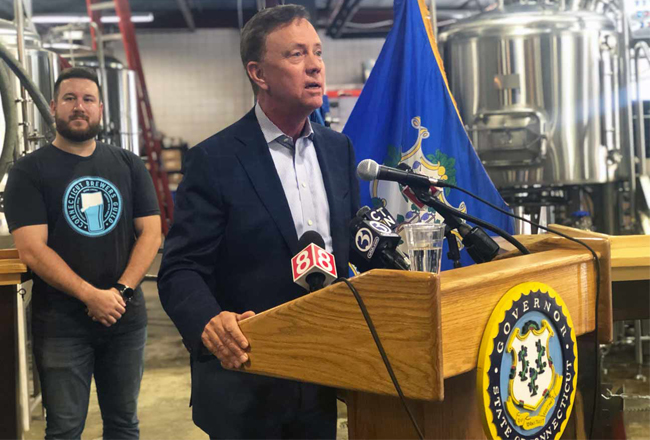Efforts to pass prevailing wage legislation in the New York Legislature will continue, state Sen. Shelley B. Mayer told the Business Journal after lawmakers ended their work session last week without taking action on the controversial issue.

Mayer has been a leading proponent of requiring developers who receive public money in connection with their projects to pay their nonunion workers at least the same wages and benefits they”™d have to pay union workers on those projects.
“I”™m hopeful that there”™s actually an effort between now and next January (when the year 2020 legislative session begins) to find a compromise,” the Westchester Democrat said. “The bill that was ultimately prepared was not one that I think some union members that I have been working with for a long time on this issue fund satisfactory and I”™m not sure a lot of the developers found satisfactory either. So, I”™m hopeful that we”™ll use this time to try to find some common ground,” Mayer said.
Prevailing wage bills had been working their way through both the Senate and Assembly sides of the legislature when they recessed.
The failure to enact the legislation brought cheers from The Business Council of Westchester (BCW), which in a June 21 statement took the position that passage of prevailing wage legislation would threaten economic development, job growth and urban revitalization. BCW formed a Westchester Coalition to Save Smart Development that brought together the leaders of major development projects to push back against prevailing wage efforts.
“We have worked tirelessly over the last six months to present the reasons why prevailing wage for development projects receiving any form of financial incentive from the state would have a catastrophic impact on job creation and economic development,” Marsha Gordon, president and CEO of the BCW, said. “We are thankful in the end the bill did not go to a vote.”
Opponents of the prevailing wage idea argue that requiring developers who use nonunion labor on their projects to pay union wages and benefits would make those projects economically impossible to pursue. In addition to matching hourly pay rates, the developers also would have to pay for benefits which sometimes cost as much as the wages.
A project receiving public funds would be declared to be a “public work” and, therefore, be subject to requirements of a prevailing wage law. There would be some exemptions, including for certain small projects and projects involving nonprofit organizations.
“As a longstanding proponent on these issues, when I was in the Assembly and now in the Senate, I have long sought an opportunity to find common ground and, in fact, until there was a real threat of a bill coming, the business community and development community paid absolutely no attention, made no good-faith effort to negotiate and find common ground,” Mayer told the Business Journal. “That”™s why we had to push for a bill.”
“I”™m a Yonkers person,” Mayer said. “I have been involved in this issue from the perspective of development in Yonkers, New Rochelle, which I represent, White Plains, which I represent, Port Chester, which I represent, all of these communities which are doing well. I”™m very supportive of development. Let”™s be sure we share the benefits of this development and, again, I”™m always looking for a compromise that will work if we can find one.”
Jon Ravitz, executive vice president and COO of the BCW, said, “For the last seven years the BCW has opposed prevailing wage legislation because we recognized the negative impact on future economic development This year”™s version of the bill, however, was even more onerous than in the past and had a stronger base of legislative support. That”™s when we brought together the development community for a larger-scale outreach effort.”



















